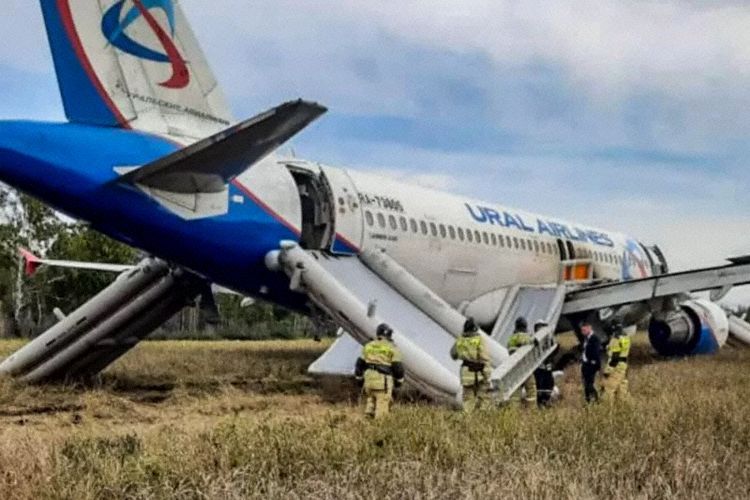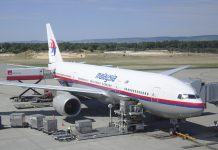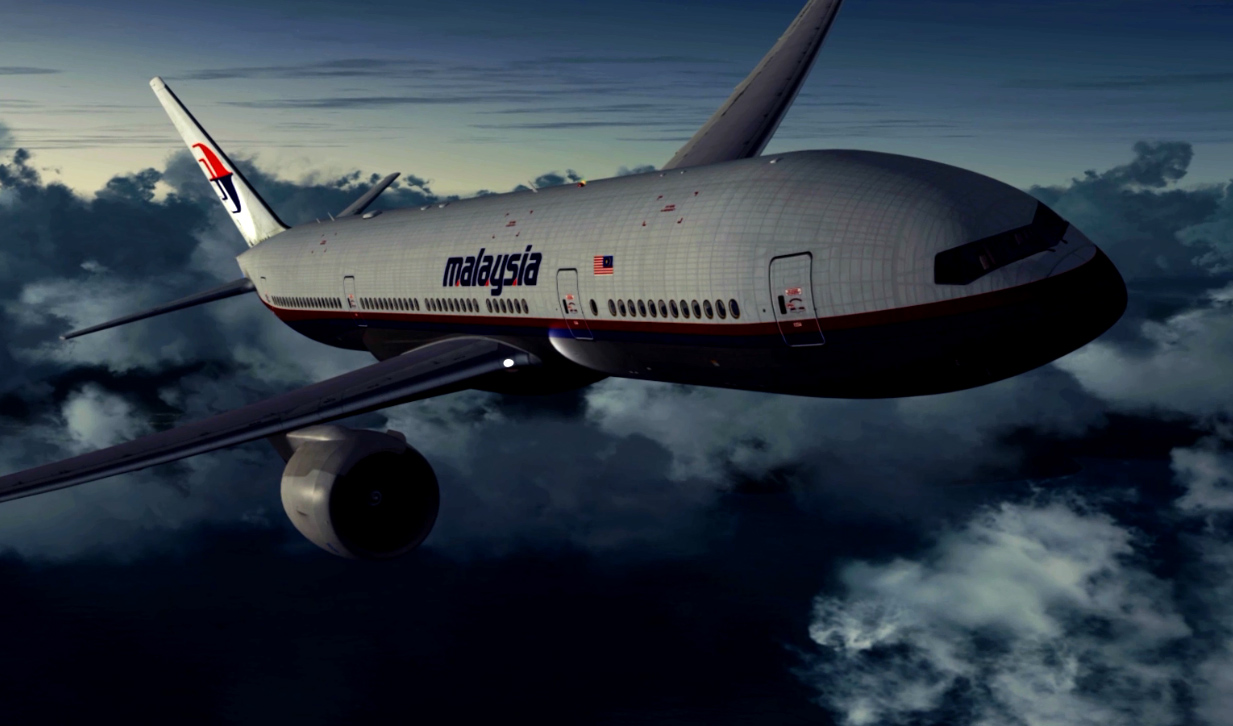Rating agency Moody’s Investors Services expects the coronavirus to significantly curtail global travel demand until at least June.
Moody’s announced overnight that it was placing Delta Air Lines, American Airlines, International Airlines Group and British Airways on review while downgrading Lufthansa and easyJet.
“The rapid and widening spread of the coronavirus outbreak, deteriorating global economic outlook, falling oil prices, and asset price declines are creating a severe and extensive credit shock across many sectors, regions and markets,’’ the rating agency said.
“The combined credit effects of these developments are unprecedented.
“The passenger airline sector has been one of the sectors most significantly affected by the shock given its exposure to travel restrictions and sensitivity to consumer demand and sentiment.”
READ: Australia urges nationals to come home while they still can
US airlines in recent years have been among the world’s most robust and Moody’s said its review of Delta reflected the breadth and severity of the shock, the broad deterioration in credit quality and the high-level lingering uncertainty.
“The review for downgrade reflects Moody’s concerns that the coronavirus will significantly curtail US domestic and global demand for air travel through at least June.
“For now, Moody’s assumes a measured pace of recovery in demand commencing in the third quarter.
“Moody’s anticipates that the accelerating incidence of the coronavirus across the US will
lead to further capacity reductions across the industry and, potentially, a temporary restriction on passenger air services, both domestically and to and from additional foreign countries.”
Moody’s said its current assumption was that domestic industry capacity is cut by 50 percent in the second quarter and 25 percent in the third quarter relative to the same quarters in 2019.
It assumed capacity on international routes would shrink by 90 percent or more in the second quarter and a slower recovery than for domestic traffic.
This assumed Delta’s capacity for the year would be down 35 percent.
“However, there are high risks of more challenging downside scenarios, and the severity and duration of the pandemic and travel restrictions are highly uncertain,’’ it said.
There were similar recovery assumptions for IAG, which owns British Airways and other airlines such as Iberia and Aer Lingus.
“The base case assumes there is a gradual recovery in passenger volumes starting in the third quarter,” Moody’s said.
“However, there are high risks of more challenging downside scenarios and the severity and duration of the pandemic and travel restrictions is uncertain.
“Moody’s analysis assumes around a 50 percent reduction in IAG’s passenger traffic in the second quarter and an 18 percent fall for the full year, whilst also modeling significantly deeper downside cases including a full fleet grounding during the course of Q2.”
Moody’s said easyJet, which was downgraded from BAA1 to BAA2, had been particularly exposed to the coronavirus in Europe due to its Italian operations. It would also not benefit materially from lower oil prices because of its fuel hedging.
It’s analysis assumed passenger traffic would halve in the second quarter and be down 21 percent for the full year.
“Moody’s expects travel restrictions to worsen globally over the coming weeks leading to
full or partial groundings across the company’s network,’’ it said.
Lufthansa was downgraded to Ba1 on an estimated 50-60 percent reduction in passenger traffic in the second quarter and a 20 percent fall for the full year.
Acknowledging Lufthansa’s efforts to shore up liquidity and manage the crisis, Moody’s said the airline had no headroom under its current rating category.
‘Lufthansa had slightly less than 10 percent cash/revenue as per 30th September, a relatively low level compared to certain other European rated airlines,’’ it said.
“We believe that Lufthansa’s monthly cash burn rate is currently elevated and that additional liquidity measures will be required if the slump in demand extends well into Q2 and possibly
into Q3.
“Lufthansa should be able to use its access to various funding markets and its sizeable unencumbered fleet to protect liquidity even in a prolonged period of depressed demand.”
On March 13, Lufthansa had €4.3 billion of cash on the balance sheet and approximately €800 million availability under undrawn credit facilities without financial covenants.
























